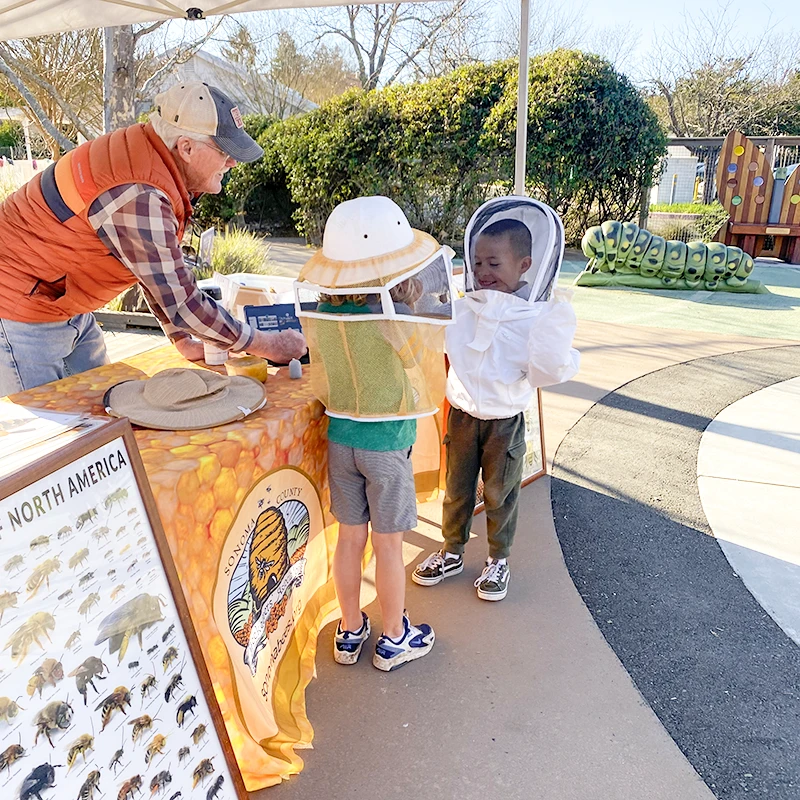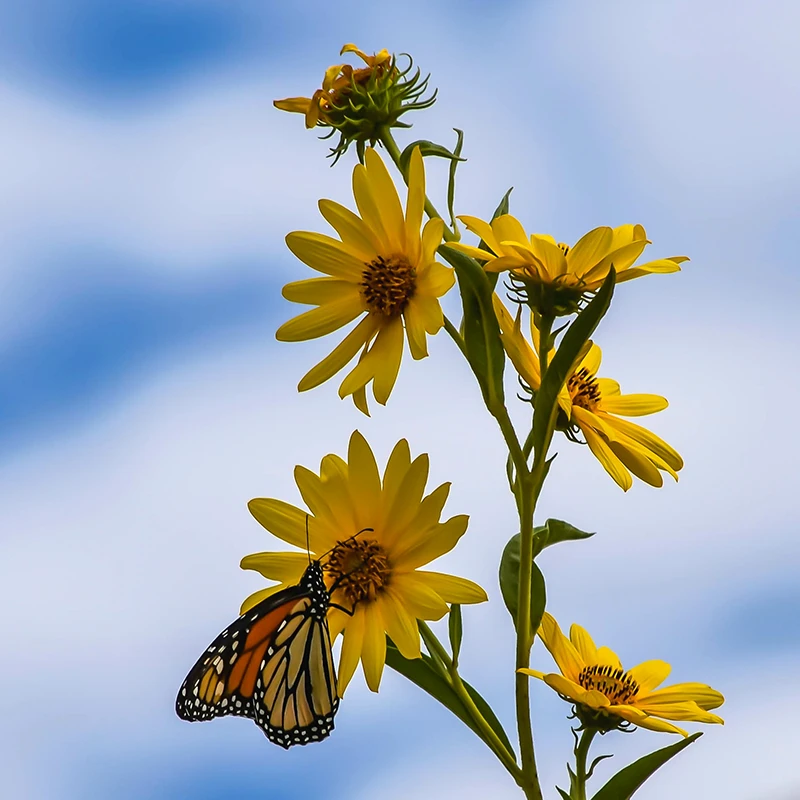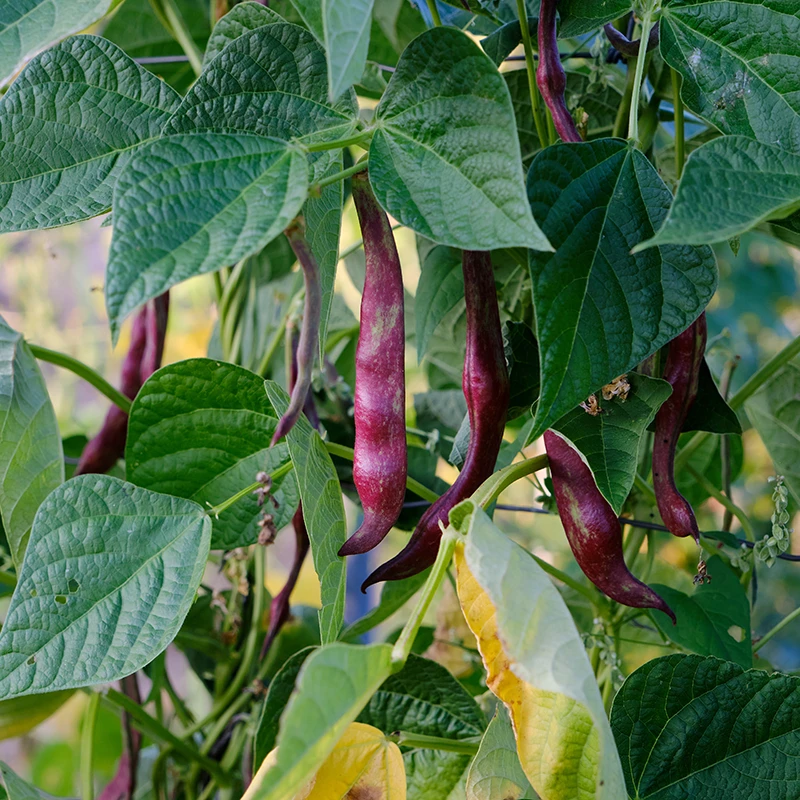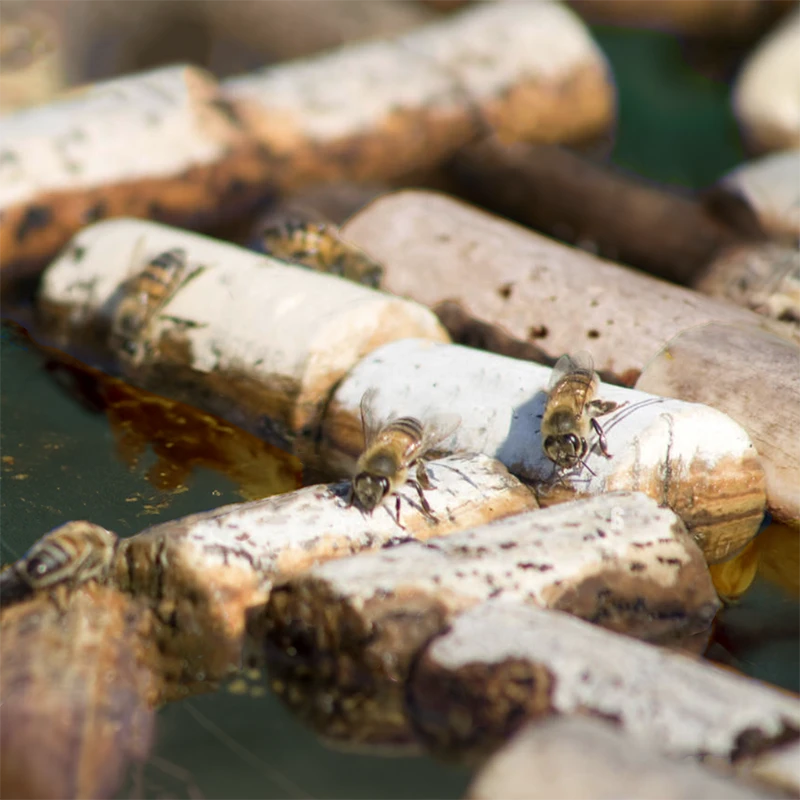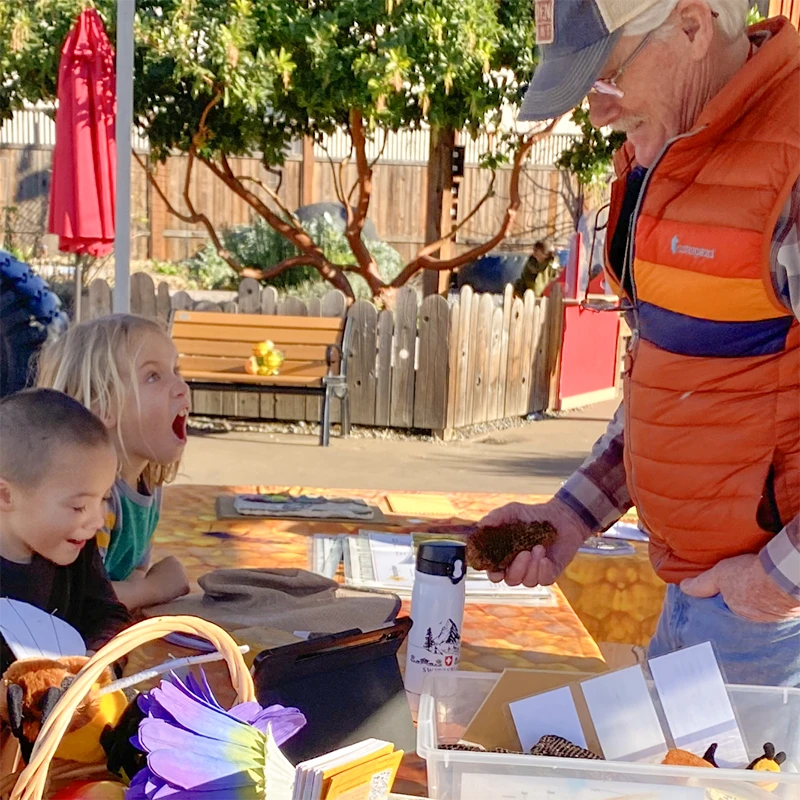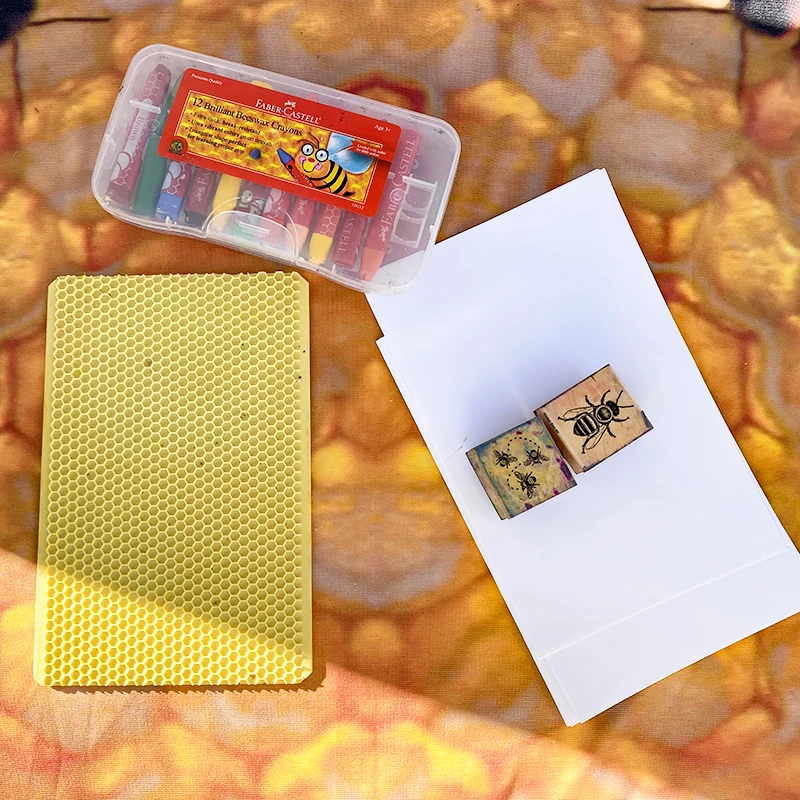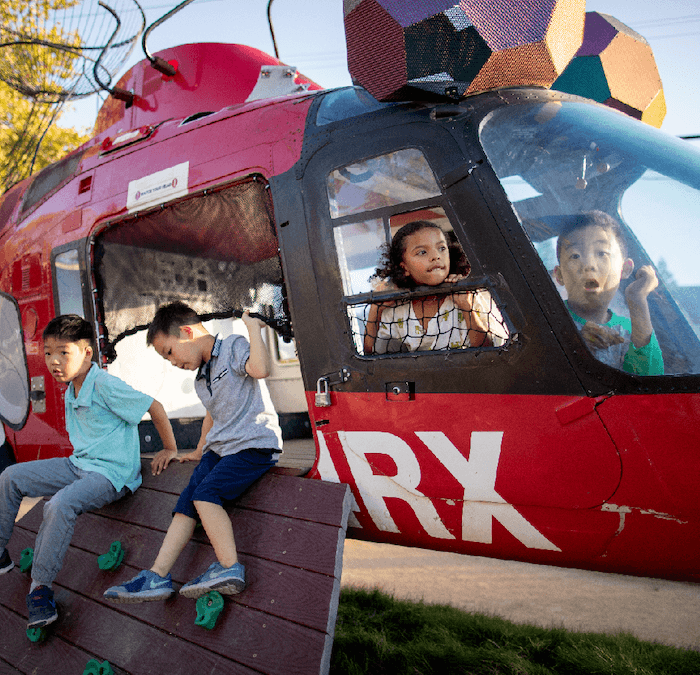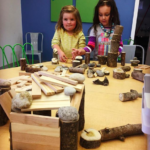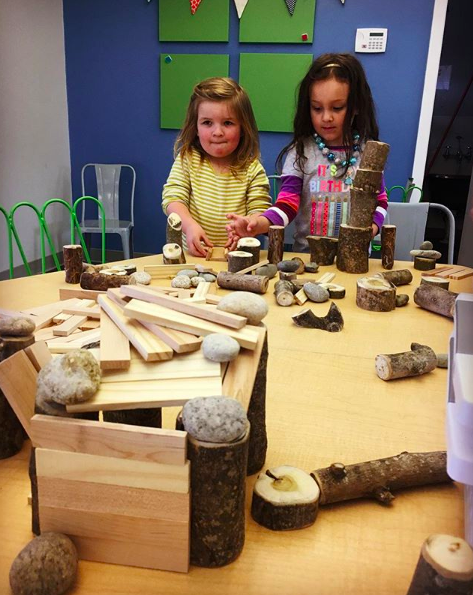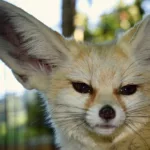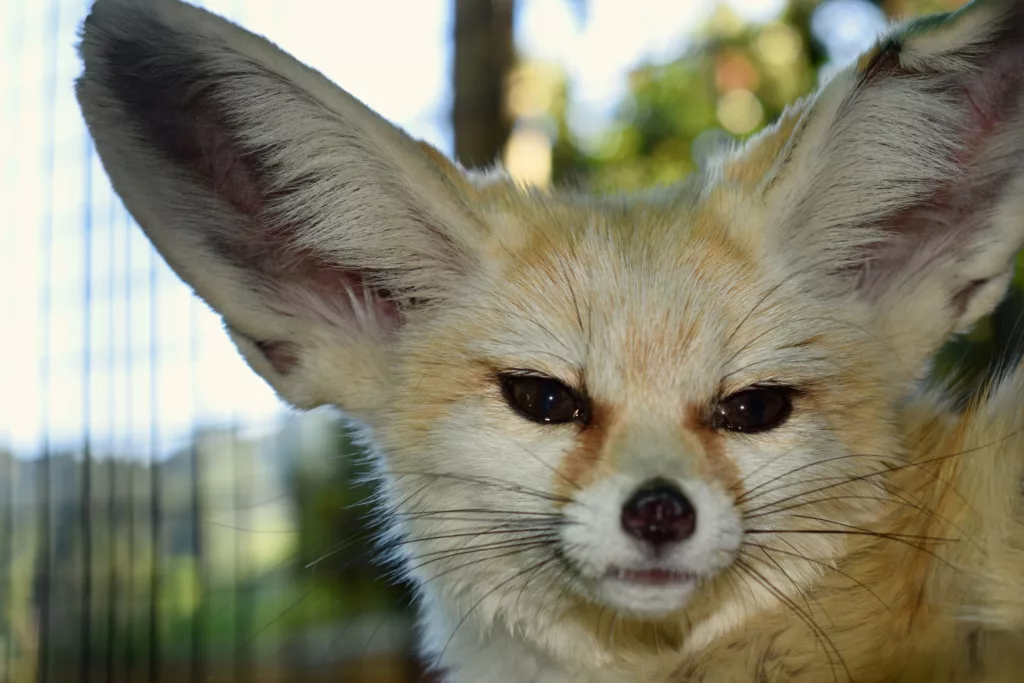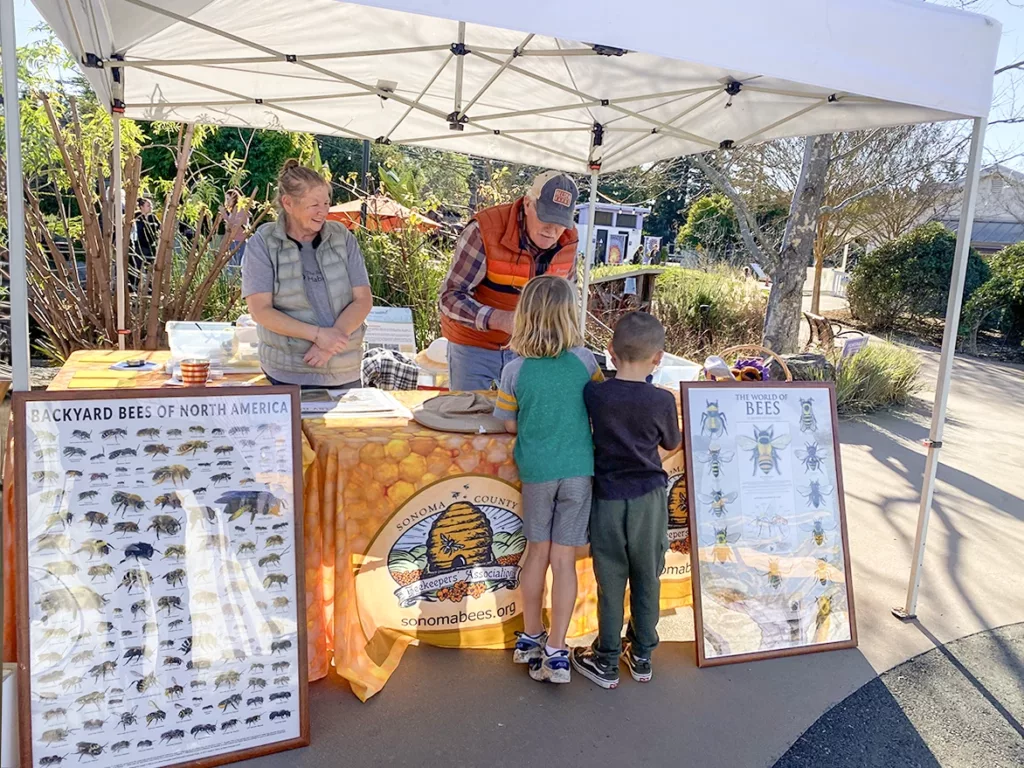
Have you ever wondered where honey comes from, or how trees grow yummy fruits like apples or oranges? The answer lies in the busy world of pollinators! At the Children’s Museum of Sonoma County, our monthly Meet a Beekeeper program offers a fun and educational experience for children of all ages to learn about bees and other local pollinators. Created in collaboration with the Sonoma County Beekeepers Association (SCBA), this program happens on the 3rd Friday of every month from 1:00 PM to 3:00 PM, and today, we’re taking you behind the scenes to explore what it’s all about!
Meet the Sonoma County Beekeepers Association
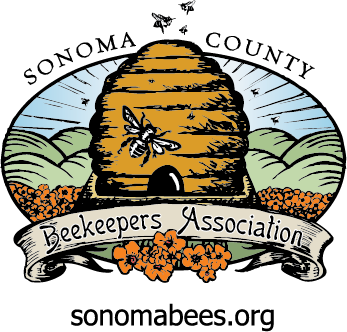
For nearly thirty years, the Sonoma County Beekeepers Association has been buzzing around the community with one goal in mind: Creating a thriving and sustainable bee population in Sonoma County.
The SCBA is the largest community beekeeping organization on the West Coast and has the collective experience and knowledge of hundreds of beekeepers combined. They strive to educate the community about the vital role pollinators play in our ecosystem while promoting sustainable beekeeping practices.
At the Children’s Museum of Sonoma County, we are thrilled to work alongside the SCBA to bring you our Meet the Beekeeper educational program, and help the next generation learn about the importance of pollinators!
Learn About the Importance of Honeybees and Other Local Pollinators
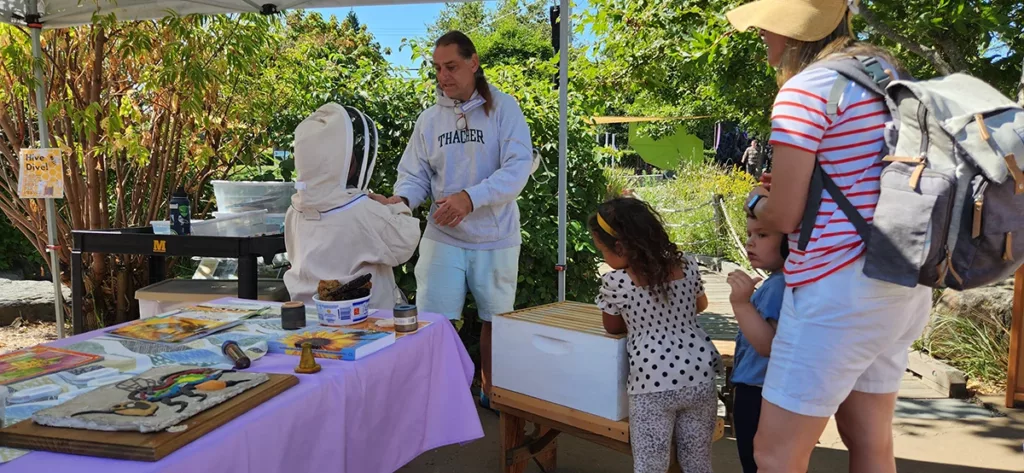
Our Meet a Beekeeper program is an opportunity for curious minds of all ages to delve into the fascinating world of bees and other local pollinators in Sonoma County. Through interactive activities and engaging presentations by beekeepers from the SCBA, children gain a deeper understanding of how pollinators contribute to a healthy environment.
Why Are Pollinators So Important?
Bees are tiny superheroes for our planet! These amazing creatures and many other pollinator species play a vital role in helping flowers and plants grow yummy fruits and seeds. Without them, many of our favorite foods and flowers wouldn’t exist!
Explore Our Gardens with a Beekeeper as Your Guide
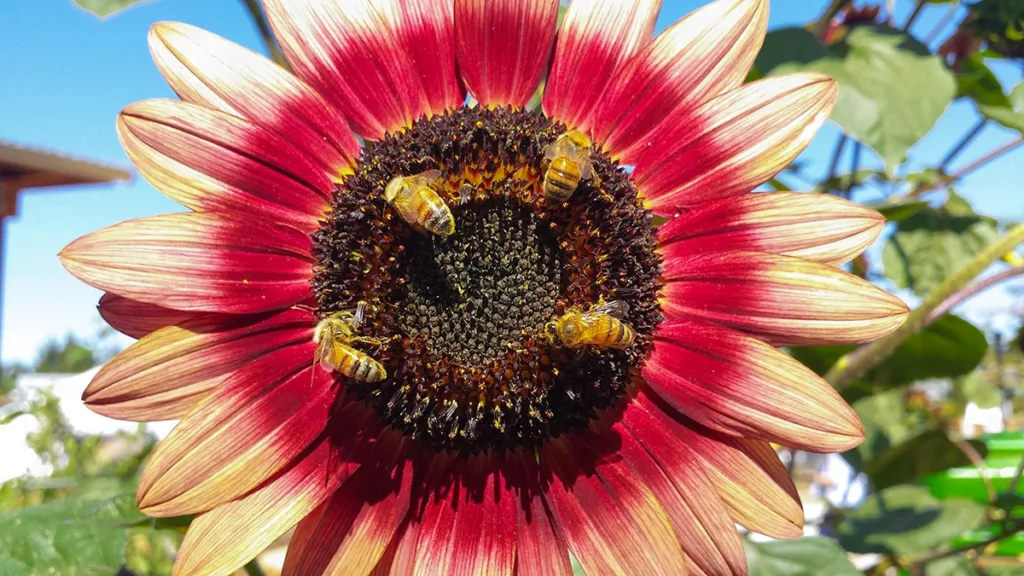
During our monthly Meet a Beekeeper program, children and their caregivers get to explore our Pollinator Habitat area and Edible Garden alongside an experienced beekeeper from the SCBA. Children are encouraged to ask questions while a beekeeper points out all the honeybees, native bees, and other pollinators gathering pollen and nectar from the flowers and plants and pollinating them in return.
This gives visitors the chance to witness the amazing cycle of pollination up close!
See the Pollination Cycle in Action
One of the most powerful teaching tools is direct observation, and during our Meet a Beekeeper program, the importance of our local pollinators comes to life right before your eyes. Through guided exploration of our gardens, children can see how bees help plants grow and reproduce.
Thanks to support from our friends at SCBA, our Edible Garden is specially designed to support the large variety of pollinator species in our area. One of the most beneficial plants in this space is the Maximilian Sunflower. The beekeepers explained all the ways this amazing flower provides for pollinators throughout each stage of its life cycle:
“While the sunflowers grow and bloom, they provide pollen and nectar for bees. Then, they go to seed, providing a tasty food source for birds. Finally, when the flowers die, the hollow stems become a haven of nesting material for native bees!”
These extraordinary flowers aren’t just beautiful, they are hard at work providing delicious food for pollinators and a safe space for busy bees to rest. In a single season, one sunflower head can provide for countless pollinator species, making them a pollinator garden powerhouse!
Another amazing addition to the garden is our beautiful scarlet runner beans. As Farmer Emily, our Garden Coordinator, explains:
“Our scarlet runner beans are grown from original stock gifted to us by members of the Southern Pomo tribe and we re-gift the seeds to our guests every year to help spread them throughout our area.”
By supporting pollinators in the garden, we hope to not only help contribute to the biodiversity of our local environment but also honor the cultural heritage of the Southern Pomo people, the original stewards of this land.
Hands-On Learning Activities for Kids
Our Meet a Beekeeper program also incorporates hands-on art activities that make learning about pollinators fun and engaging for children of all ages. One of the most popular projects is creating “bee rafts” out of recycled wine corks!
These clever little rafts provide a safe resting spot for thirsty bees to take a sip of water without the risk of falling in. They’re a simple yet effective way to demonstrate some of the small yet meaningful steps you can take to protect pollinators, the environment, and our planet.
Through fun and interactive activities like this, children can take an active role in supporting the pollinators in our area and see firsthand how their actions can positively impact the environment.
Empowering the Next Generation to Bee-Kind
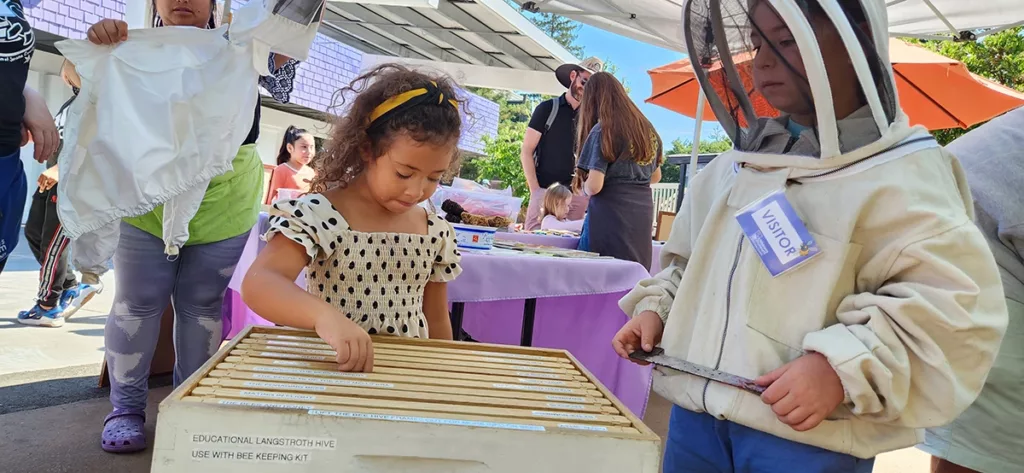
Many children, and perhaps even their caregivers, haven’t had the chance to witness the magic of pollinators up close. Our Meet a Beekeeper program changes that. A key aspect of learning about the importance of protecting these tiny eco-heroes is simply seeing them in action.
The beekeepers at SCBA also emphasize cultivating an encouraging environment for children to ask questions and participate at their own pace:
“While we guide them through the gardens and point out all the bees in action, the children are the ones who guide the curriculum of the program, through their curiosity and their questions.”
By fostering this open dialogue, the beekeepers can tailor the experience to the children’s specific interests and empower them to become active participants in their own learning. This child-led approach also allows them to delve deeper into topics that pique their interest, fostering a natural curiosity and a sense of wonder.
Teaching children about the importance of pollinators is not just about fostering a love of nature, it’s crucial for the future of our planet. A healthy ecosystem relies heavily on the work of pollinators, and by educating children about their vital role, we can ensure a future where these essential creatures continue to thrive.
Learn About Local Pollinators at the Children’s Museum of Sonoma County
The Meet a Beekeeper program is a fun and educational experience for children and families of all ages. We encourage you to come and learn about the fascinating world of pollinators and discover how you can make a difference in your own backyard.
Join us on the 3rd Friday of every month from 1:00 pm – 3:00 pm for our Meet a Beekeeper program with our friends from the Sonoma County Beekeepers Association. Let’s work together to create a buzz-worthy future for our planet!
